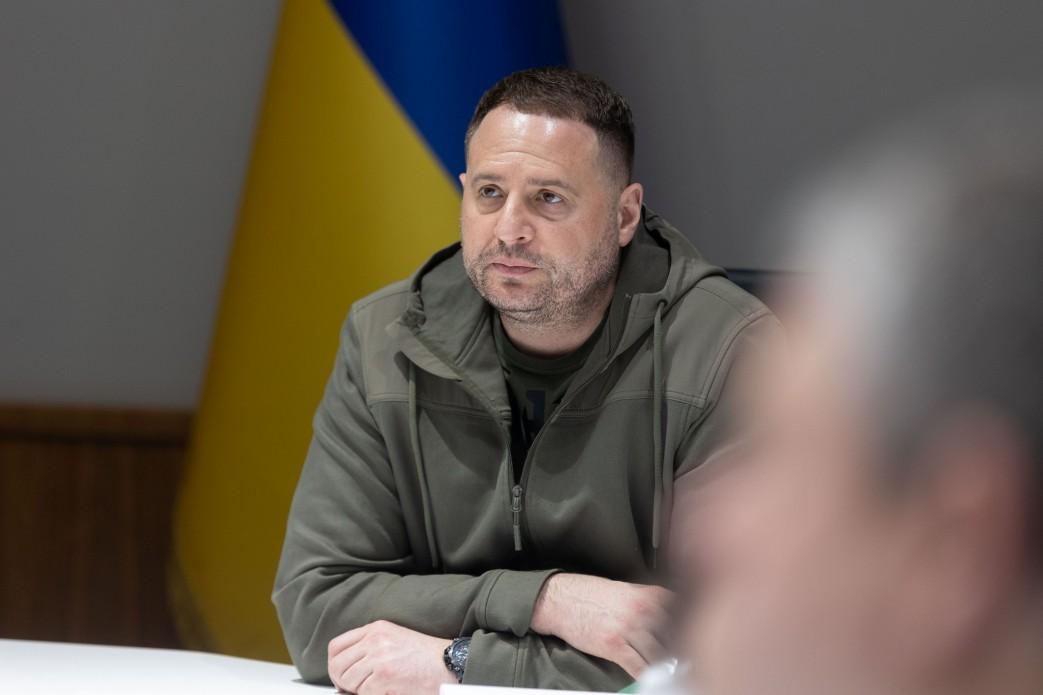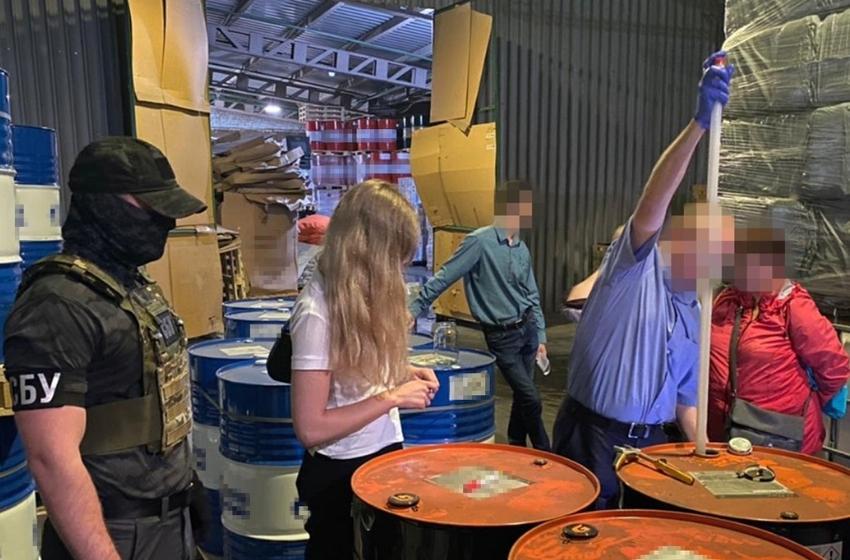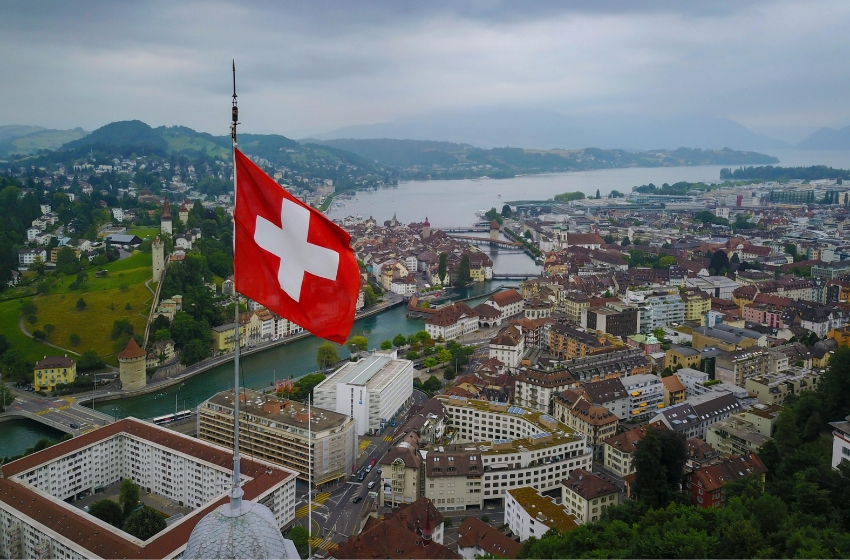Speech by Oleg Ivaschenko, the Head of the Foreign Intelligence Service of Ukraine at the Forum Ukraine. Year 2025
We are witnessing tectonic shifts in all spheres, particularly military and political. This affects Europe, this affects the world. And all of it is caused by the destructive actions of the Russian Federation—the war it started in 2014 and the full-scale invasion launched by Moscow three years ago.
Ukraine’s foreign intelligence objectively assesses the threats that exist today. We understand the challenges that lie ahead. We are aware of what is happening inside Russia—its internal processes and plans regarding Ukraine and other states. We have studied and continue to study the enemy’s strengths and weaknesses and are informed about its strategic plans at least until 2030.
Does Russia, and Putin personally, want to end the war? No, they do not. The objectives they set for themselves remain unfulfilled. Russia wants all of Ukraine—its entire territory, its entire land. Tomorrow, it will set its sights on other Eastern European countries, and after that, Central Asia.
Regarding a ceasefire—yes, Russia needs it. It needs a pause to restore its economy, accumulate new stockpiles, prepare its army, regroup its forces, and then resume its aggression against Ukraine.
Russia cannot conceive of itself as an empire without Ukraine and Belarus, which it has almost fully occupied. The Russian economy is currently weak and continues to deteriorate. Everything accumulated during Putin’s rule has already been spent. By the end of this year, Russia’s economy may face serious and irreversible crises. This is as it should be—the aggressor must pay a high price for its war, compensate Ukraine for its losses, and make reparations to our citizens.
Regarding nuclear weapons—Russia faces technical challenges in their maintenance and safety, not only in the military sphere but also in civilian nuclear energy. For example, the Leningrad Nuclear Power Plant has recently experienced seven technical failures that could lead to large-scale disasters. The same applies to new energy projects that Russia operates or attempts to build worldwide. The Belarusian nuclear power plant, for instance, has suffered technical stoppages and malfunctions that pose risks not only to Ukraine but to the entire region.
Regarding arms and ammunition production—Russia plans to manufacture over seven million large-caliber artillery shells and mines this year. In this area, Russia is truly competing and is well aware that it produces more than all European countries combined.
As for long-range missile production, Russia is expected to produce around 3,000 missiles this year—these are the weapons that strike and destroy our infrastructure daily.
Regarding information threats—the risk level is extremely high, nearly critical. This primarily affects our citizens temporarily abroad, as well as the country’s leadership, the Defense Forces, and the Ukrainian population as a whole.
These are not all the threats Ukraine faces today—our intelligence agencies understand them and counteract them. Ukraine’s top intelligence priority remains the restoration of the country’s territorial integrity, sovereignty, and the establishment of lasting peace.





















